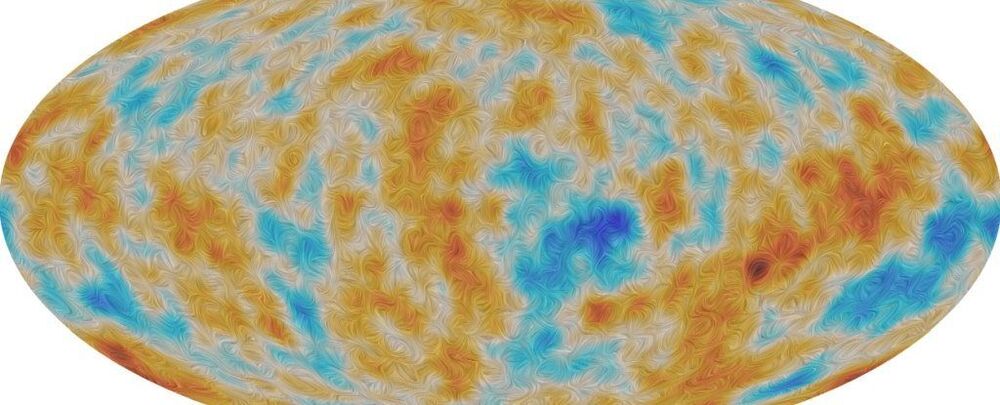Throughout all known space, between the stars and the galaxies, an extremely faint glow suffuses, a relic left over from the dawn of the Universe. This is the cosmic microwave background (CMB), the first light that could travel through the Universe when it cooled enough around 380,000 years after the Big Bang for ions and electrons to combine into atoms.
But now scientists have discovered something peculiar about the CMB. A new measurement technique has revealed hints of a twist in the light — something that could be a sign of a violation of parity symmetry, hinting at physics outside the Standard Model.
According to the Standard Model of physics, if we were to flip the Universe as though it were a mirror reflection of itself, the laws of physics should hold firm. Subatomic interactions should occur in exactly the same way in the mirror as they do in the real Universe. This is called parity symmetry.









Comments are closed.